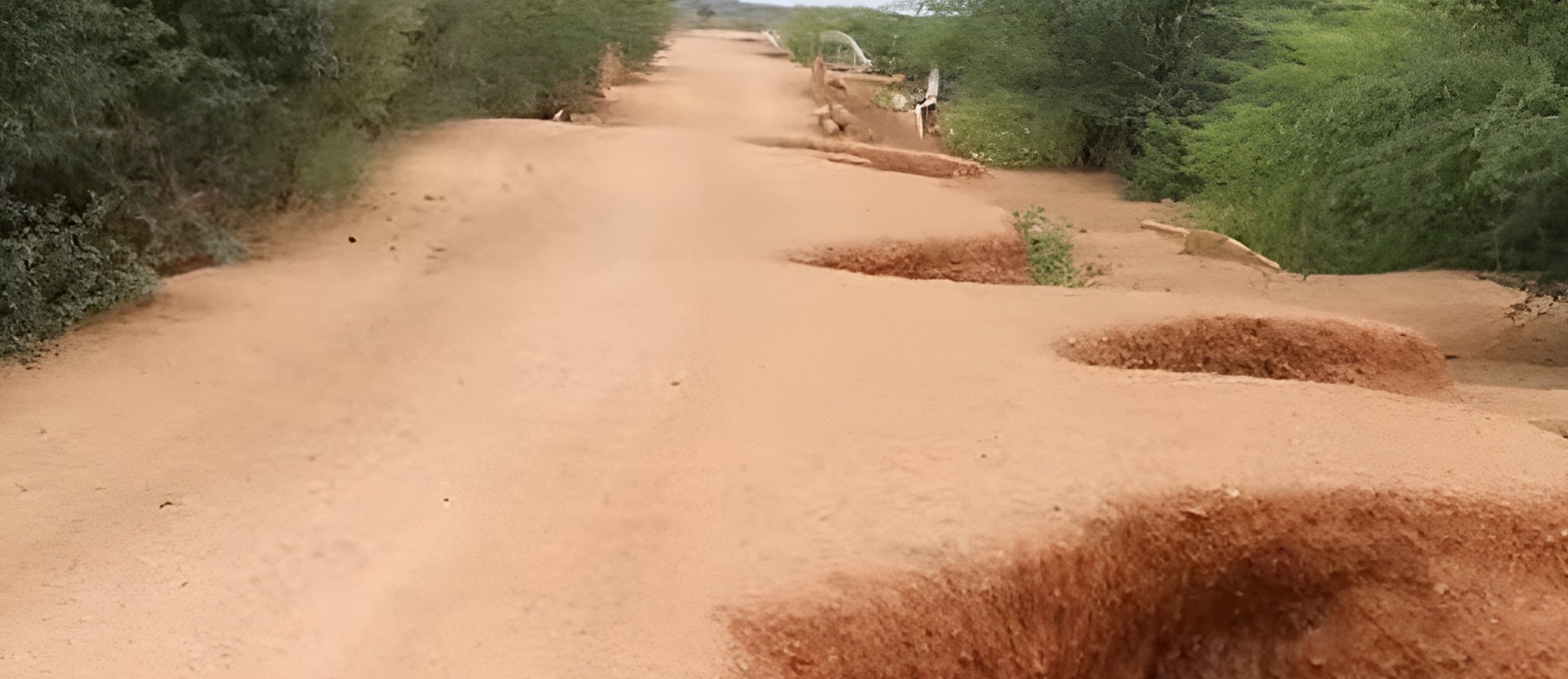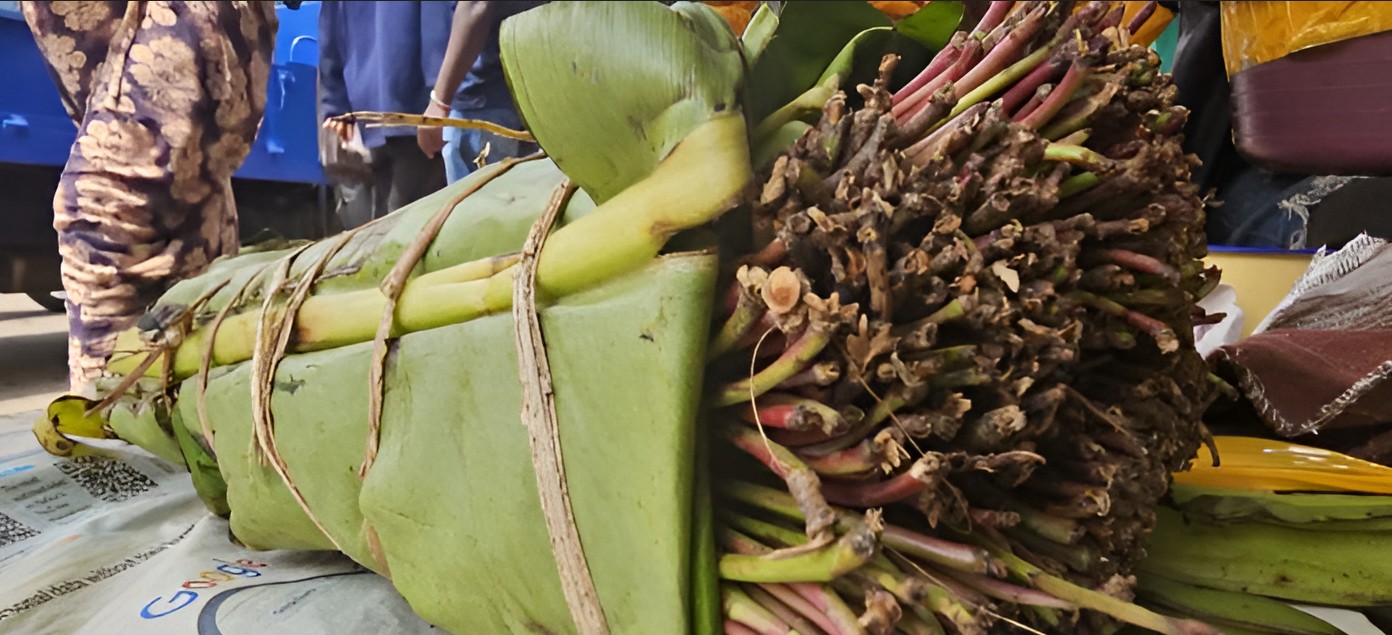No marriages, funeral prayers for Mandera men who chew khat in new rules to curb sale and consumption

Under the new rules, khat cannot be sold or consumed within the town. Additionally, men who chew khat will not be allowed to marry local women. Funeral prayers will also be denied to khat users who do not observe their daily five Islamic prayers.
Elders of Sala town in Mandera County, have introduced new regulations prohibiting the sale and consumption of khat. The directives, announced this week by the local elders' committee, aim to address social and economic concerns linked to khat use.
Under the new rules, khat cannot be sold or consumed within the town. Additionally, men who chew khat will not be allowed to marry local women. Funeral prayers will also be denied to khat users who do not observe their daily five Islamic prayers.
More To Read
- Kenya secures Djibouti as new miraa export market in major boost for farmers
- Two Al-Shabaab militants killed in Mandera counter-terror operation
- Wajir, Mandera, Lamu and Samburu among counties with lowest reported crime cases
- 107 killed, 124 injured in violent extremism attacks in Kenya in 2024 – Report
- Somalia returns firearms stolen in deadly Mandera attack that left Kenyan officer dead
- Angry Mandera residents take to the streets to protest prolonged power outages
"When we say that a khat user will not be given funeral prayers, we are referring to those who do not perform their daily prayers. They will be treated according to Islamic teachings. However, if a person chews khat but still performs prayers, they will be advised and guided," said Aadan Daahiye Qoriyow, one of the community elders, in an interview with the BBC.
At a press conference announcing the ban, elders emphasised that khat has negatively impacted the community, particularly the youth and school students.
They stated that all residents of Sala have agreed to implement the restrictions. Those who refuse to comply will face social consequences, including being excluded from the society.
Prior to issuing the ban, the elders carried out a four-month awareness campaign to educate the community about the effects of khat. During this period, they engaged with local vendors selling khat.
"There were four women and one man who used to sell khat in town. When we spoke to them, they agreed to stop, and they have now started other businesses," Aadan said.
The elders cited multiple reasons for implementing the ban. The increasing number of students and young people using khat was a major concern.
Additionally, women in the community had raised complaints about their husbands' use of khat, stating that it led to financial neglect and family instability.
"We made this decision because school children were getting addicted to khat, some were turning to hard drugs, and women were complaining about their husbands neglecting their responsibilities," Aadan explained.
The new restrictions extend beyond khat to include other substances such as cannabis and tobacco.
The move by the Sala community is not unique. In recent years, other counties in Kenya have also attempted to ban khat, citing its social and health effects.
Last year, the governors of Mombasa, Kilifi, and Taita Taveta counties banned the sale and consumption of a particular variety of khat known as muguka. The leaders justified the decision by pointing to the drug's impact on young people and the rising cases of addiction.
The ban, however, was met with strong opposition from khat-growing regions in Kenya. Farmers and traders argued that muguka is a legal crop and an important source of income for many families. The backlash prompted President William Ruto to overturn the bans, declaring that muguka trade is lawful and should not be restricted.
Muguka is a cheaper and more potent variety of khat. It is widely consumed in Kenya's coastal and northeastern regions.
When Mombasa Governor Abdulswamad Shariff Nassir imposed the ban last year, he cited a report from a rehabilitation centre that showed more than half of its patients were former muguka users.
Effects of Khat consumption
Khat contains two psychoactive substances that stimulate the brain and body. These chemicals are structurally similar to amphetamines, which increase brain activity.
Users of khat often experience increased energy, excessive talking, and an inability to sleep. Many who chew the leaves for long hours say that the substance provides a temporary sense of relaxation.
However, health experts warn that khat may worsen mental health conditions, leading to anxiety and aggression. Prolonged use has also been linked to mouth infections, dental issues, and an increased risk of oral cancer.
Top Stories Today










































